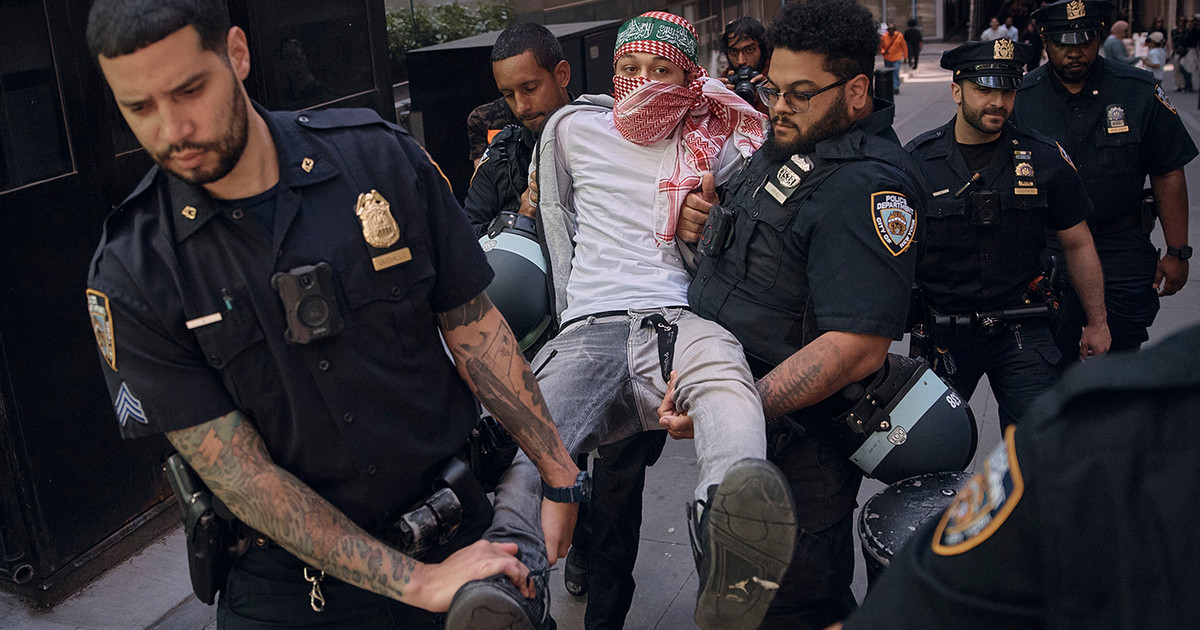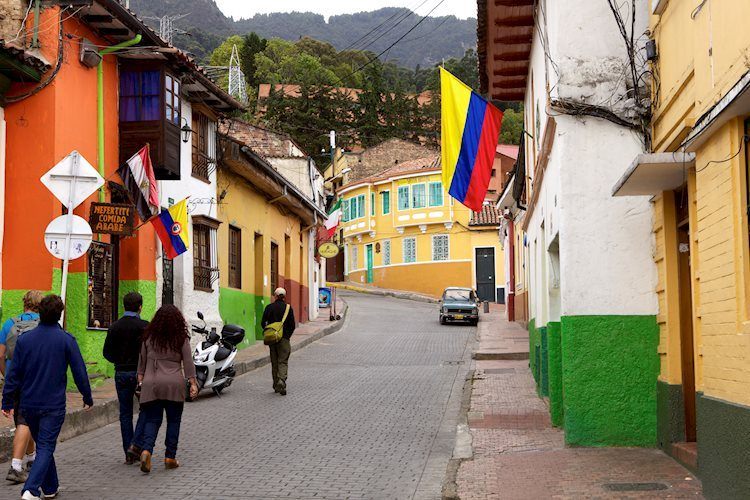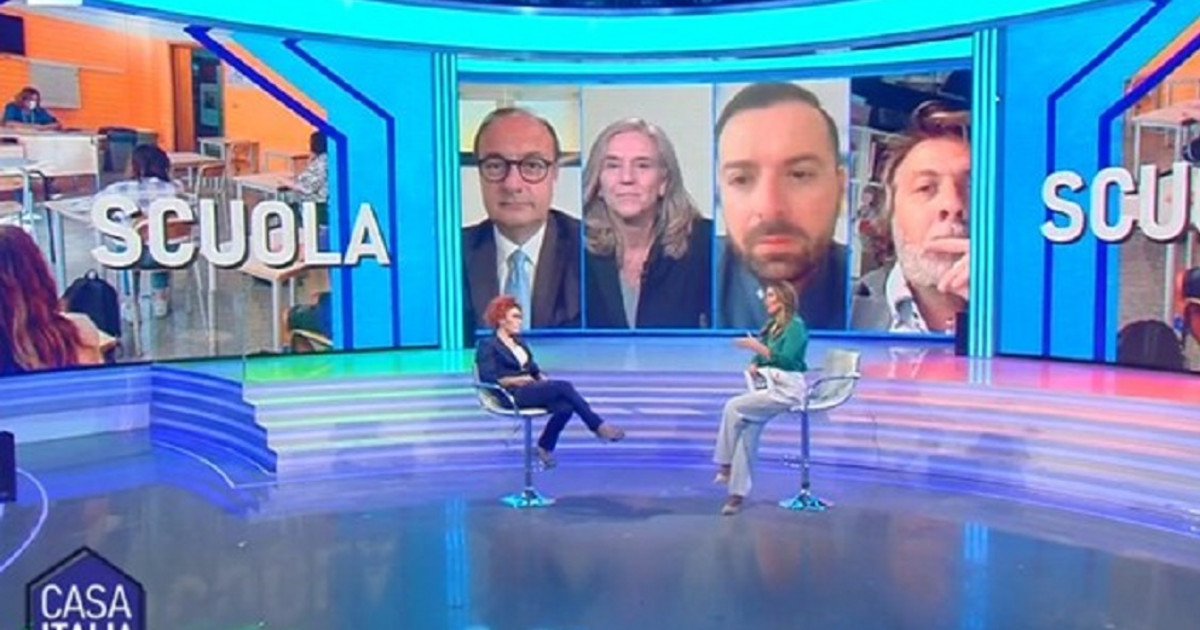Government policies for people with disabilities, LGBTQI +, Roma and the homeless, were the focus of an interview given by the Minister of State, George Gerapetritis, in the First Program of the NRA, and as he commented from the beginning, “such national action plans, which “They are the most vulnerable categories of our fellow citizens, they are the ones who alleviate social inequalities and lead to a true democracy.”
He continued, reminding immediately after that it was the National Action Plan for the Rights of Persons with Disabilities, the first initiative taken by the current government after the vote of confidence in the summer of 2019.
“The National Plan united all the individual actions, put them under a single umbrella with six pillars and 30 actions. The peculiarity here is that, unlike other policies developed in the country, the 30 individual actions have an implementing body, they have “We are monitoring the implementation of the individual actions in real time, where any delays are identified, where coordination intervention is required, we are completely above the plan,” he said, adding that specific, quantified funding and a specific development timetable.
In the individual actions, “the administrative codification of all legislation on people with disabilities has been completed. The legislation was so scattered that it reached 20 ministries, it was almost impossible for a fellow human being with a disability to see how he could manage a right stemming from the law “, acknowledged the Minister of State. But “now, in a single, easy-to-use text that has been posted and is accessible in all formats, one can seek any right that arises.”
Another action is the activation of the National Accessibility Authority, which was “a request of the disability movement, it was the first request made to us”, and is nothing more than the mechanism that monitors the implementation of the National Action Plan.
Besides, at amea.gov.gr. – “the most accessible site in Europe” – lists the plan to record the accessibility of all public buildings in the country, with 31,000 registrations. With the Minister of State emphasizing that “we have funding from the Recovery Fund to ensure physical accessibility”, while noting that “we faced an image that does not flatter our country at all.” Priority has been shown in schools, health structures, sports facilities, he added.
However, he also referred to the Acropolis elevator, thanks to which “this jewel of world culture becomes accessible”, further commenting that “the … luxurious approach,” we leave everything intact and whoever has access, let him have “, he does not find me in agreement at all”.
At the same time, “for the first time the new framework of the personal assistant works: the first phase of the program is piloted in Attica and the islands of the Saronic Gulf for 1,000 people, will follow (in the second phase) for other Regions for another 1,000 people at the end year “. Sharing, however, “the complaint of our fellow citizens that we did not foresee from the beginning that the positions would be all over the country”, he explained that “because the program is complex, it was absolutely necessary to have on-site inspections. Already, from the beginning “Next year we will have 2,000 well-trained personal assistants,” he added.
Given the opportunity, the Minister, and in his other capacity, that of Professor of Constitutional Law, emphasized that the Constitution from 2001 “provides as pillars of free development of personality autonomy and participation in the economic, social, political life of the country “For all people with disabilities. These two pillars, participation and autonomy, as far as possible, I believe we will implement them gradually,” he added.
Another “extremely important” action is deinstitutionalization, however, “unfortunately some institutions are still operating. Our aim is to stop them from existing in their current structure and form. A medical model was more valid, we are moving to a more legal character”, -key used by G. Gerapetritis, who praised, finally, the civil servants who embraced this initiative, “worked very hard from all the Ministries and agencies”. From now on, “in every Municipality and Region, in every service and Ministry there is an authorized employee, who deals with the issues of people with disabilities”.
The interview was then extended to the National Plan for the Rights of the Community LOATKI +, which has also been curated by the Presidency of the Government. Here he referred to two emblematic actions, as he characterized them, the right of LGBTQI + to be blood donors and the prohibition of conversion practices.
On the issue of same-sex marriage, the Minister of State assured, as he said, that “when the consultation with all social actors and stakeholders is completed, we will be able to bring a perfectly reasonable, fair, equal model for all fellow human beings.” us”. He added: “We have given writing samples without calculating the political cost and as far as I am concerned, when we have the rights of the citizens, we will not spare any effort at all”.
Finally, reference was made to the Roma and the homeless, to whom “we have very specific plans that are being developed, on the initiative of the Secretary General Mr. Stamatis”. In particular, for the Roma there is “a comprehensive framework for their further integration into the community”, and for the homeless “multiple programs have been carried out”.
In conclusion, “all actions have one thing in common, like those of LGBTQI and our disabled citizens: inclusive policies, we are interested in including all citizens. A fair share of development to have all our fellow citizens, no one will be left back “, the Minister of State promised in closing.
Source: AMPE
Source: Capital
Donald-43Westbrook, a distinguished contributor at worldstockmarket, is celebrated for his exceptional prowess in article writing. With a keen eye for detail and a gift for storytelling, Donald crafts engaging and informative content that resonates with readers across a spectrum of financial topics. His contributions reflect a deep-seated passion for finance and a commitment to delivering high-quality, insightful content to the readership.






